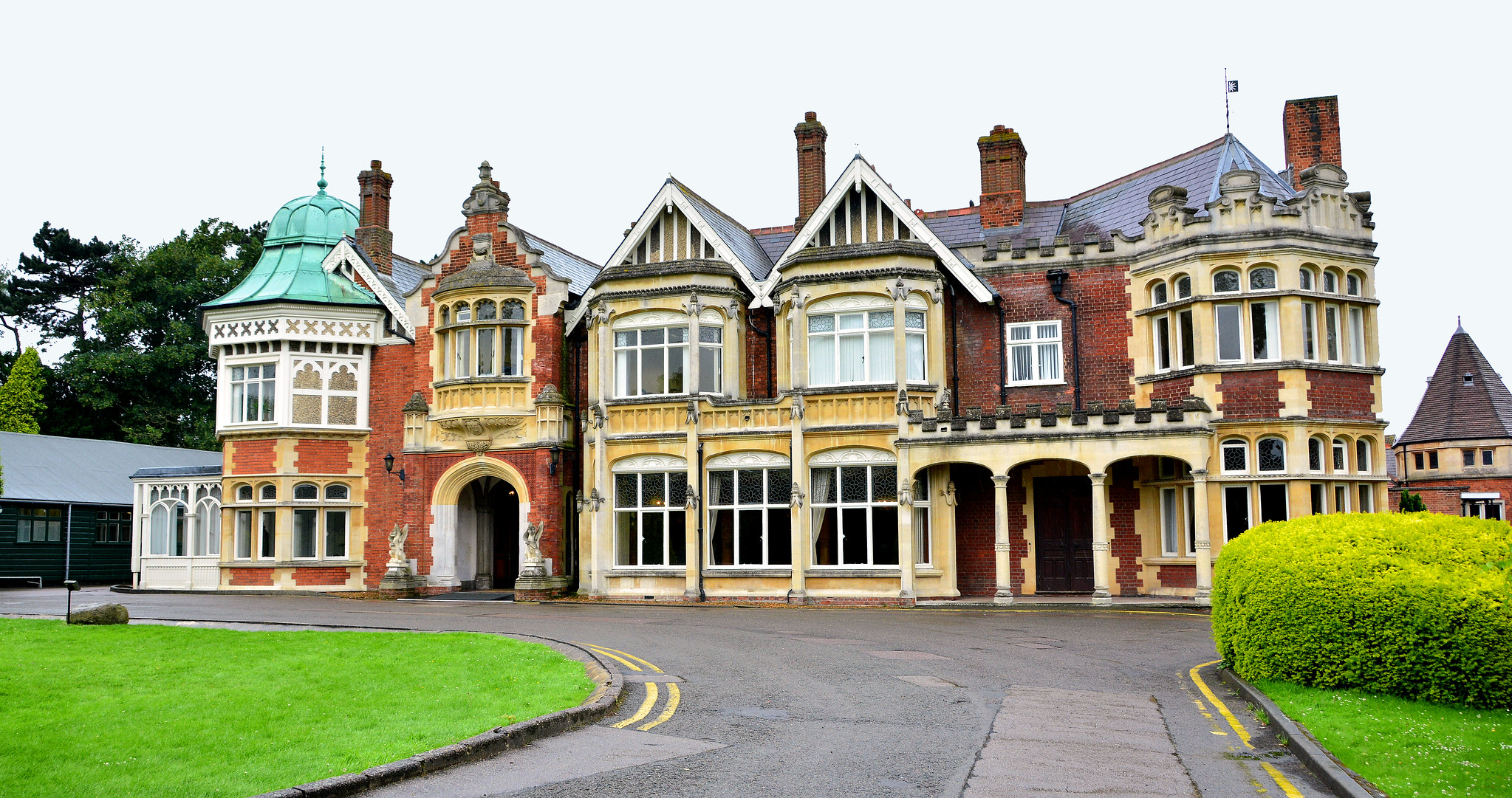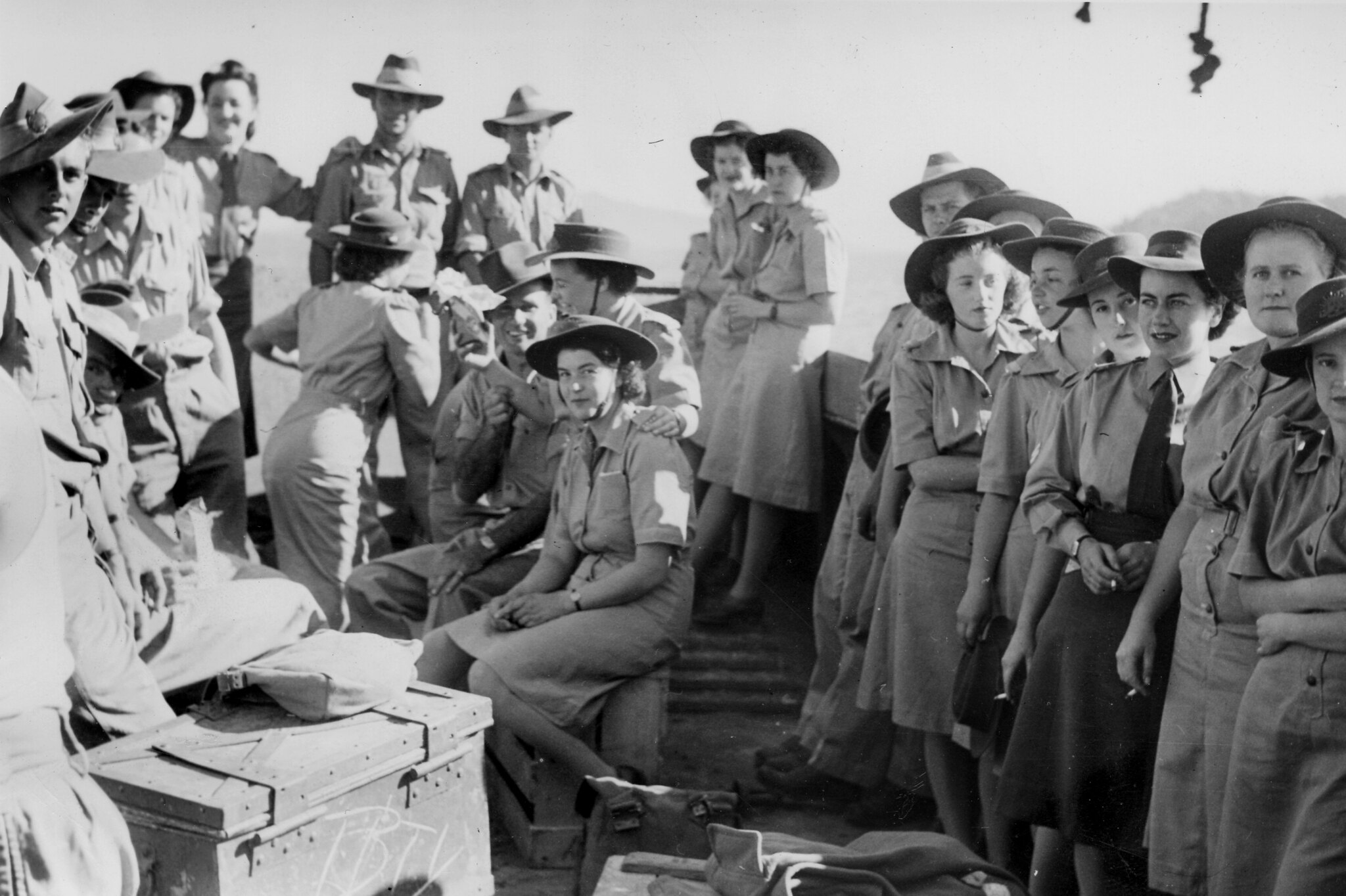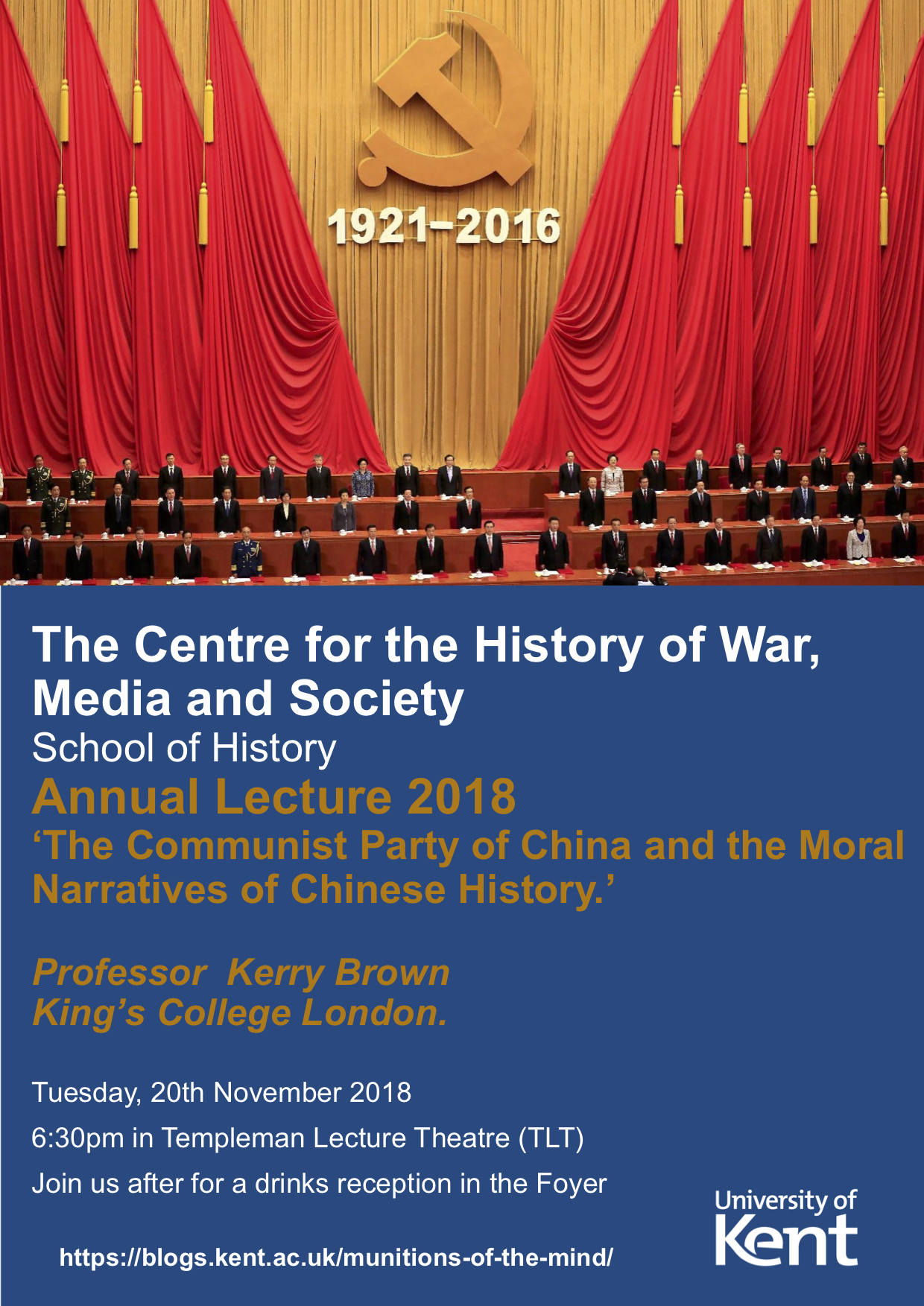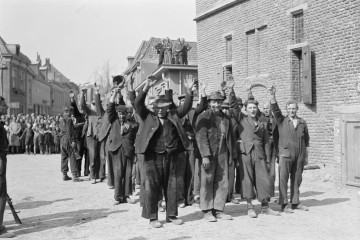Written by Oliver Parken.
Space plays a central role in the conduct and experience of war. Combat and violence are words which bring immediate associations to physical and imagined space––the First World War and the visceral imagery of the ‘Western Front’, for example. Yet as warfare transformed and expanded during the twentieth-century, so too did its spatial dimensions. Organised jointly by Oliver Parken and Ellie Matthews, ‘Spaces of War: Spatial Perspectives of Modern War and Conflict’ sought to question the relationship between space and place in the context of modern warfare––exposing the myriad ‘sites’ through which space runs as a conceptual theme for scholars working on modern war and conflict. Although it was anticipated the event would stretch across a range of contexts, particularly in terms of time and culture, the final programme of papers focused on the twentieth-century and the experience/aftermath of the World Wars.
Leave a Comment





